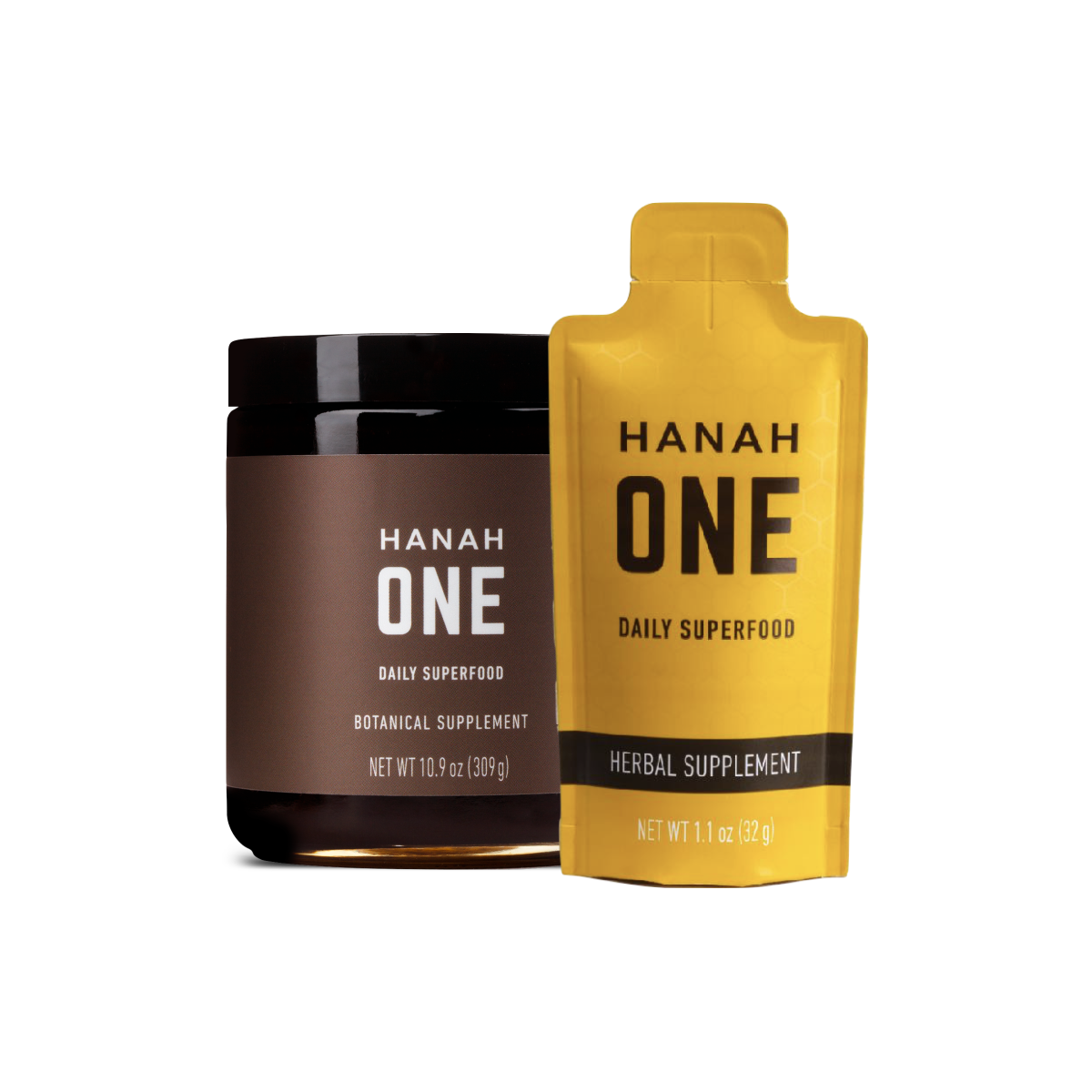Ayurvedic lifestyle: profoundly compatible with mental health

ABC PLEASE: emotional regulation skills
I was sitting in the hospital cafeteria last week talking to one of my patients about the ABC PLEASE skills of Dialectical Behavior Therapy (see previous blog post about my work). ABC PLEASE is an acronym we use to teach emotion regulation skills to people who struggle with rapidly shifting and reactive mood states. They are the skills such as exercise, adequate sleep and balanced eating, skills that many readers of the HANAH blog are very familiar with and yet are so absent in many who most need them.
I told my patient that an approach to mental health that focused on “just medication” or “just therapy” without incorporating all the other life elements that we know are essential to mental health was like trying to complete a puzzle without all of its pieces. You might get the general picture of the puzzle but a lot is missing.
Preventative mental health care
Balanced, healthy eating is not something most mental health specialists review with their patients. We desperately need a more holistic approach. According to the Substance Abuse and Mental Health Services Administration (SAMHSA), every year, about 42.5 million American adults suffer from some mental illness: that is nearly 20% of the population. The research also shows that in about 9.3 million adults this is so serious that it impacts their day-to-day functioning in activities such as going to work.
Typically this mental health concerns are addressed at the point of illness. As I stated in a previous post, treating any illness, including mental illness at the point of illness is more consistent with a western perspective. Traditional Indian Medical practices, like Ayurveda, emphasize wellness meaning the absence of illness. This means “treating” illness before it appears by living right.
Impact of artificial ingredients + sugar

The refined Western diet contains many ingredients incompatible with mental health. Numerous studies, have found that artificial food coloring increases Attention Deficit Hyperactivity Disorder (ADHD) behavior in children. Highly processed foods prevalent in the U.S. have artificial ingredients like dyes, preservatives, and trans-fats, and many of these have been outlawed in other parts of the world.
Beyond these artificial additives these diets are rich in trans fats and refined sugar. Trans fats were added to foods in order to prolong their shelf life. The problem is that they raise bad cholesterol and clog arteries affecting overall health, including brain circulation. As for sugar, it is estimated that Americans consume an average 28 teaspoons of sugar each day! Excess sugar consumption has been linked to behavioral problems in children as well as dementia and depression in adults. And then there is a strong association between obesity and poor mental health in children, including hyperactivity, impulsivity, depression and poor body image.
Broccoli & tea? No way!
My patient told me that she wasn’t going to switch to a diet of broccoli and green tea. She had a point. Sudden drastic changes in diet and lifestyle rarely last, and yet comprehensive and holistic changes over time make a huge impact. The Ayurvedic diet and Ayurvedic lifestyle are profoundly compatible with mental health. The solutions to stress and other problems in life are simple and effective and not restricted to the Indian sub-continent. For instance, I told her that these are things I do as part of my approach to comprehensive, including mental health:
- Sip a tea with a teaspoonful of HANAH ONE mixed in. I find this an excellent way to start the morning and this helps me with mental clarity throughout the day.
- Pack a fresh lunch and eat the meal mindfully, enjoying each bite of what I have prepared.
- Drink water throughout the day.
- Sit and meditate. Just 20 a day minutes makes a huge difference in reducing stress.
- Go for a walk alone or with a friend. Ayurveda considers walking a tridoshic exercise.
- Find time to take a series of deep, deliberate breaths.
- Add traditional ayurvedic spices like turmeric, cumin, coriander, fennel, cardamom to my meals.

Compromise
Certainly, I don’t live the purest life. I drink coffee, enjoy a glass of wine and a few squares of 72% chocolate, but overtime this comprehensive approach has led to a marked sense of well-being.
She looked at me with a degree of skepticism. I told her that ultimately it was her choice to make, but to consider that she had lived her life in a way that had not been kind to her mind or body and to consider that at a minimum, the changes I was proposing would do nothing, but given that her approach hadn’t gotten her to the place she wanted to be, why not commit to a month of small changes. She agreed to consider it. Stay tuned. I’ll report back.

Dr. Blaise Aguirre sits on our Board of Advisors. He fits perfectly into our belief that food is medicine and knows that, while amazing, Western Medicine doesn’t have all the answers. As a major contributor to the field of psychiatry, he has a unique perspective on how HANAH can have a positive impact on patients and merge the best parts of Eastern and Western medicine.
Blaise Aguirre, MD, is an Assistant Professor of Psychiatry at Harvard Medical School and serves on multiple boards, including The Oprah Winfrey Leadership Academy for Girls, Mirah, and the Illinois Marathon! He’s an expert in child, adolescent and adult psychotherapy, including dialectical behavior therapy (DBT), a psychotherapy which integrates Eastern and Western approaches, and lectures all over the world on the technique. He is the founding medical director of 3East, a unique residential DBT program for young women exhibiting self-endangering behaviors and borderline personality disorder (BPD) traits, and has written multiple books.
You can also check out a movie featuring him with Tich Nhat Hanh and Deepak Chopra - Mindfulness, Be Happy Now...and there’s so much more!






Leave a comment
This site is protected by hCaptcha and the hCaptcha Privacy Policy and Terms of Service apply.